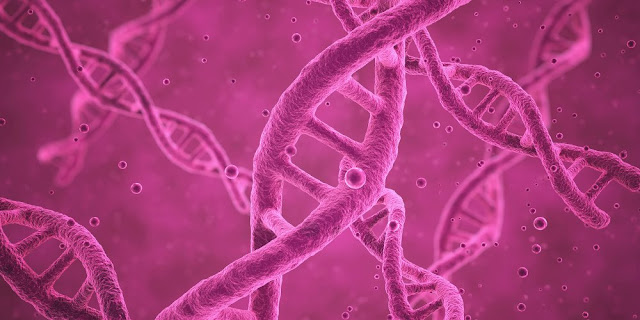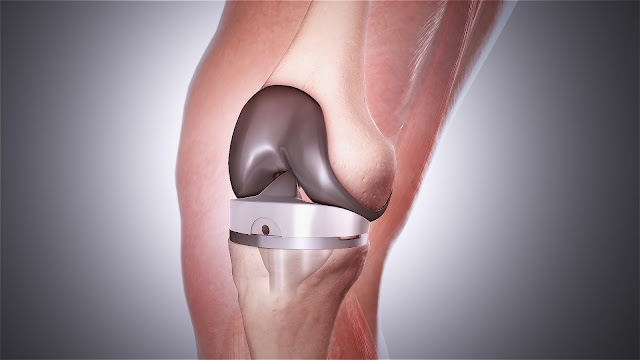CAR T Cell Therapy Has Shown Promising Result In Cancer Treatment
 |
| CAR T Cell Therapy |
CAR T Cell Therapy is a
customized immunotherapy that uses a patient’s cells to treat cancer. CAR T
Cells are engineered to recognize and attack cancer cells while sparing healthy
tissue.
A
typical CAR T-cell therapy is made of a combination of fragments, or domains,
from the heavy (H) and light chains of a lab-made antibody. These domains are
connected via a flexible linker to form a single-chain variable fragment
antibody (scFv) — the portion of the therapy that's responsible for binding to
the tumor cell antigen. Each scFv has different characteristics that affect how
well it binds to and recognizes its target.
CAR
T Cell Therapy has been shown to have
promising results in several clinical trials, and some types are already
approved for use in the US. Using a process called T-cell transfer, providers
extract a patient’s T cells and modify them in the laboratory with the addition
of chimeric antigen receptors (CARs). These artificial molecules, which are not
found naturally in the body, allow the modified T cells to recognize and
destroy cancer cells.
The
modified T cells are then infused back into the patient, where they continue to
multiply and, guided by their engineered receptors, target and kill any cancer
cells that match the targeted antigen. CAR T-cells are currently being used to
treat a variety of blood cancers, including multiple myeloma, diffuse large
B-cell lymphoma (DLBCL) after first relapse, and follicular lymphoma, as well as
some solid tumors, such as glioblastoma and ovarian cancer. The goal of this
type of immunotherapy is to harness the body's immune system to fight cancer.
The T cells in the immune system are modified to recognize and target specific
tumor antigens. These cells are then infused back into the patient, where they
grow and multiply to help attack the cancer.
One of
the challenges with this type of treatment is that the engineered cells can
also recognize healthy tissue, which is often expressed at the same site as the
targeted cancer antigen. That can trigger off-tumor toxicity, which is a
potentially life-threatening side effect. Fortunately, this can be mitigated by
carefully selecting the tumor antigen to target. Currently, patients with
certain types of cancer, such as lymphoma, are the best candidates for CAR T Cell Therapy. Patients with solid
tumors are less likely to respond, and there are only a few cases of CAR T-cell
therapies being used to treat these cancers. A trial Srour is leading for
advanced kidney cancer, however, is showing promise in this area.



Comments
Post a Comment